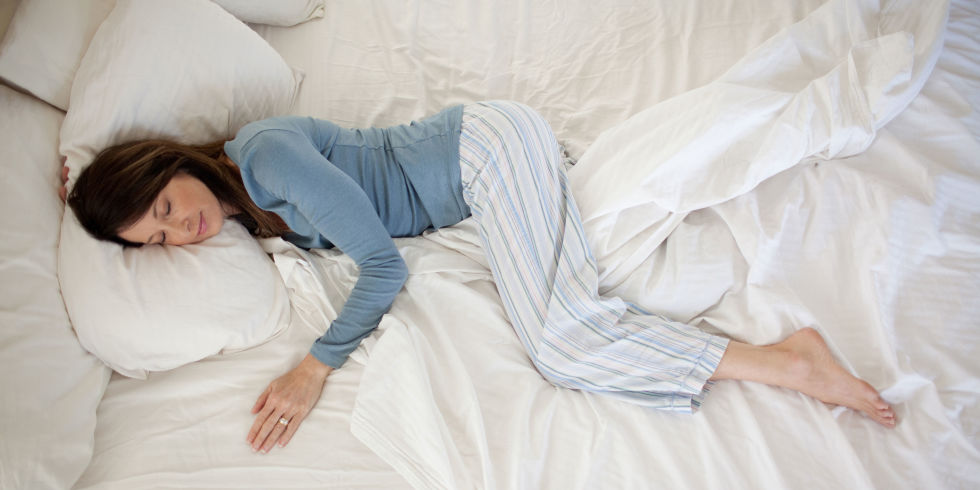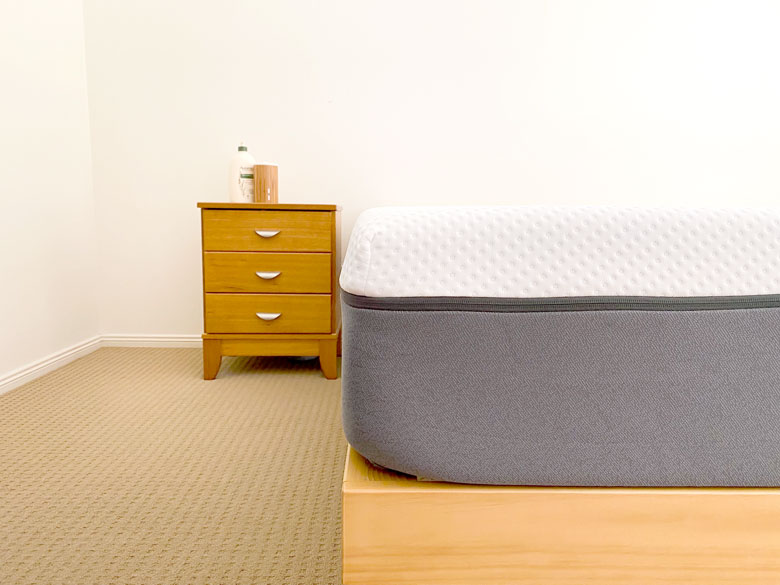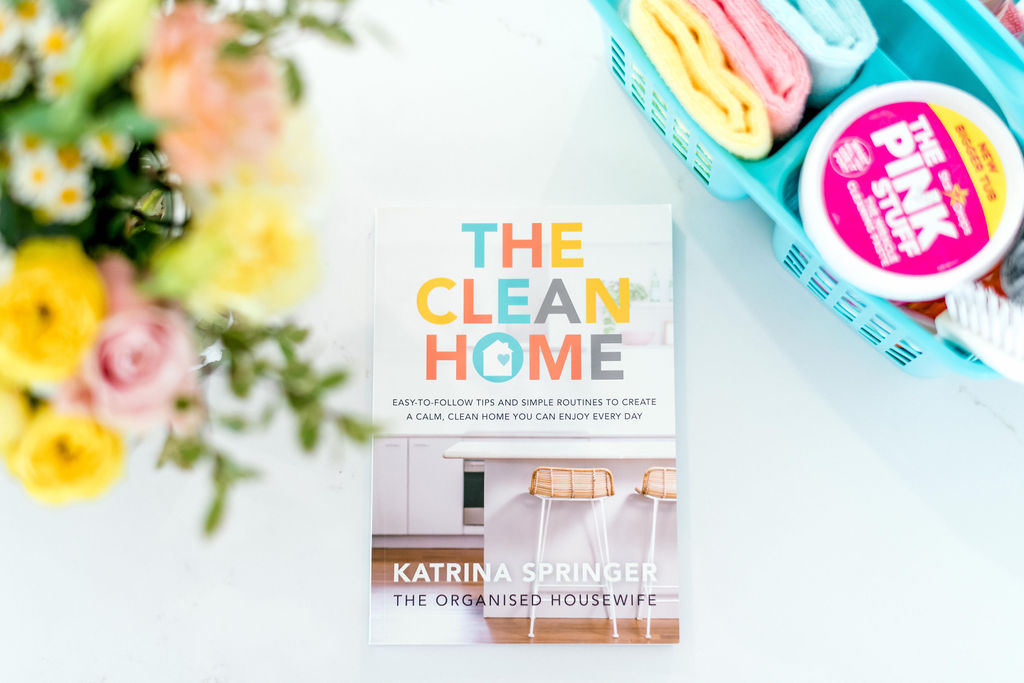If you’re struggling to get to sleep or are restless and waking during the night, try these simple tips to improve your quality of sleep.
Having a good night’s sleep is so important for our energy levels, mood and health. Work stress, family responsibilities and life in general can interfere with a good nights sleep. Right now there is so much going on in Australia and around the world so it can be hard to turn the thoughts in your mind off long enough to have a restful sleep. World Sleep Day aims to celebrate sleep and promote awareness of regular, healthy sleeping habits.
I know for myself that if I don’t get a good night’s sleep, my whole day is affected. I feel grumpy and lethargic, and everything just feels harder. We all need to rest and recharge and get a decent sleep each night. The optimum we should be aiming for is 7-9 hours sleep a night. It can be tempting to stay up late when you have kids, as this can be a time to get a lot done, or have some time to yourself. However you are only making yourself more tired for the following day. If you’re having difficulties getting to sleep, or experiencing restless broken sleep, try these 7 tips so you can sleep better at night.
1. Follow an evening routine to wind down and de-stress
I do love a good routine, whether it’s a school morning routine or my laundry routine, and having a sleep routine that you follow each night helps signal to your mind and body that it is time for sleep. Just like for young children, with the comforting ritual of bath, book and bed, a consistent routine will help to relax the mind and body. If you’re wanting to create an evening routine, aim for a similar bedtime each night. Improved sleep will not happen right away, but if positive sleep habits are maintained, you will notice your sleep getting better.
2. Pay attention to what you eat and drink
Going to bed on an empty stomach can affect your metabolism, keep you tossing and turning all night from hunger pains and make you cranky the next day. It is also not a good idea to go to bed overly full, avoid heavy or large meals within a couple of hours of bedtime because it causes heartburn, cause indigestion and cause a disturbed sleep. Nicotine, caffeine and alcohol deserve caution too. The stimulating effects of nicotine and caffeine take hours to wear off and can wreak havoc on quality sleep. And even though alcohol might make you feel sleepy, it can disrupt sleep later in the night.
3. Invest in a good Mattress
Sleeping on a good mattress makes all the difference! With a great night’s sleep, you wake up energised and ready to face the day as your best self. I like to lay in bed with my soft bamboo sheets and pillowcases and have that ‘ahhh’ feeling of comfort and relaxation. Investing in a good mattress is essential but at times can be a hard to pick the right one. Some companies will allow you to try a mattress at home and return it if it’s not right, which takes the stress out of choosing, so look around for a retailer that offers this.
4. No screens before bed
Avoid using electronic devices for at least an hour before bedtime, this includes your phone, computer or a tablet – this means no scrolling through social media in bed! Electronic devices emit a blue light that suppresses the hormone melatonin which helps you sleep. Consider making your bedroom a television free zone as well.
4. Sleep in a cool darkened room
Going to sleep in a darkened room can help you settle into sleep, and the lack of light will help your body’s production of melatonin. You might find that you have a better un-interrupted sleep in a darkened bedroom. Keep your bedroom cool by opening a window, turning on the air conditioning or using a fan.
5. Get Regular Exercise
Regular exercise can help you have a deeper sleep and get to sleep quicker each night. Even a half an hour walk each day has been shown to benefit sleep patterns. Exercise is known to lower stress and anxiety levels, so exercises such as stretching, and yoga are great – they have positive effects on mood too!
6. Get some sunlight
Natural bright sunlight will help improve your circadian rhythm (sort of like our body clock) and your sleep patterns. It also helps with the production of all those important hormones. If you’re having problems sleeping at night, try going for a walk in the morning sun each day. Then you can cross exercise off your list too!





